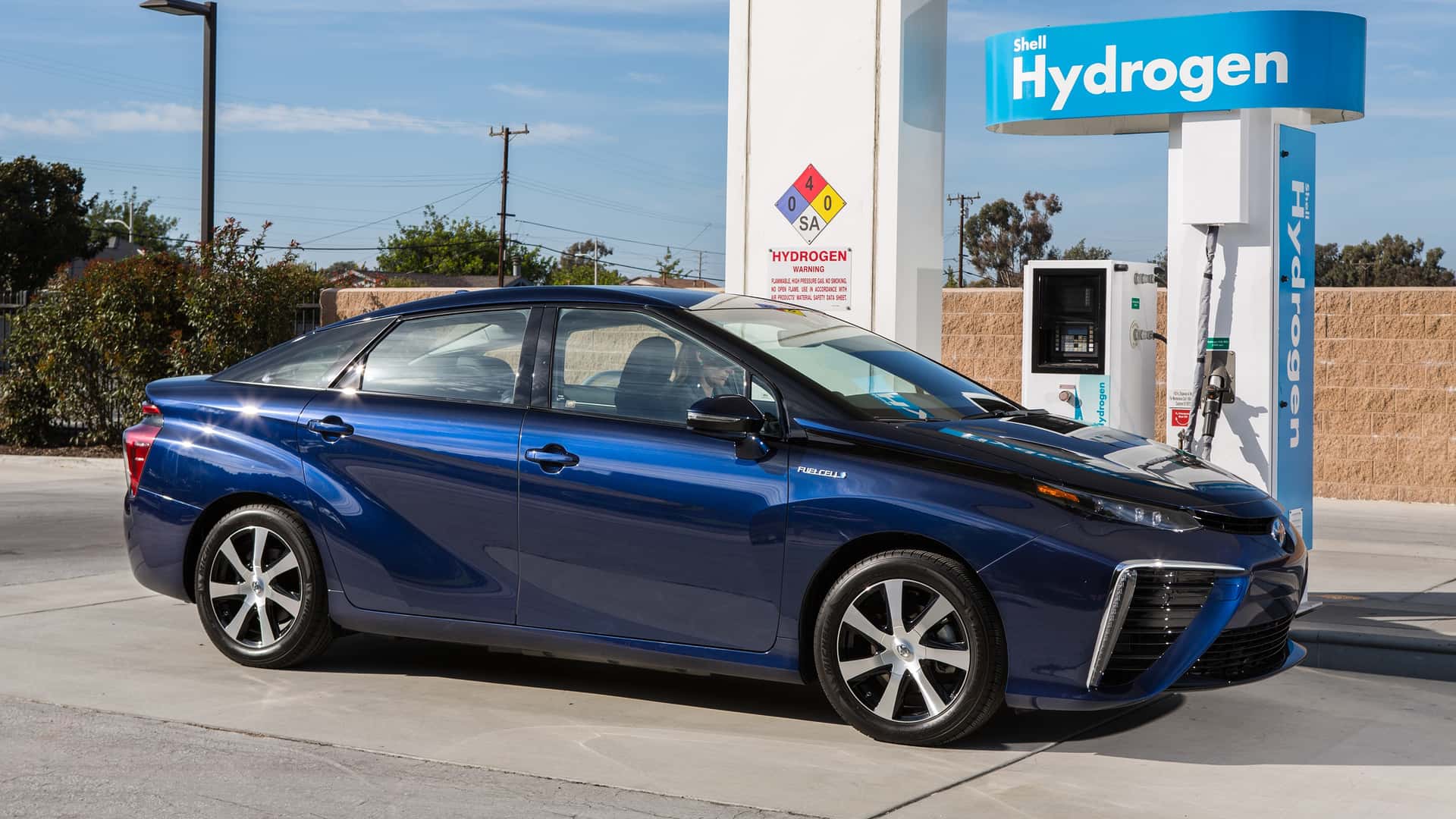- cross-posted to:
- politics@lemmy.org
- cross-posted to:
- politics@lemmy.org
Shell Is Immediately Closing All Of Its California Hydrogen Stations | The oil giant is one of the big players in hydrogen globally, but even it can’t make its operations work here.::The oil giant is one of the big players in hydrogen globally, but even it can’t make its operations work here. All seven of its California stations will close immediately.



You can use electricity on the grid to charge a car. Not sure if you were aware of that. It’s going to be a whole lot more efficient at it than hydrogen.
No shit. You know you need a substation to power a supercharger grid…you know how many substations just randomly exist in rural areas to power superchargers? And how expensive they are to build and maintain?
And hydrogen won’t get you there. It’s much easier to build a substation than the new infrastructure for hydrogen.
Lol no it is not, do you know what goes into building a substation? They’re expensive and require a lot of upkeep.
And so does your idea; you just haven’t thought it through.
A solar hydrogen station cost no where near the amount putting in a substation does. I don’t even know where you came up with the idea that it does.
Dude, you don’t even have a good grasp of how much hydrogen you could make from the atmosphere. Nobody is advocating for doing it that way because it’s too much effort for so little gain. I’m not going to take your word on much else.
https://news.mit.edu/2023/mit-design-harness-suns-heat-produce-clean-hydrogen-fuel-1016
https://www.theguardian.com/environment/2022/sep/07/out-of-thin-air-new-solar-powered-invention-creates-hydrogen-fuel-from-the-atmosphere
https://spectrum.ieee.org/solar-to-hydrogen
https://news.umich.edu/cheap-sustainable-hydrogen-through-solar-power/
Yep, totally no one is doing it… it’s not being researched or anything, cause it’s not worth it. Yep, miles and miles of over head wires and substations all over the place it the way to go. No other alternative.
There are very few details on how much they’ve actually generated on any of these. The MIT one doesn’t specify how it’s getting the original water at all.
The IEEE one does actually list it out:
Yeah, that’s about what I’d expect. You are not going to power cars with this.
The one in the Guardian article seems to be targeting it a as a replacement for natural gas in home heating and cooking, which is a maybe.